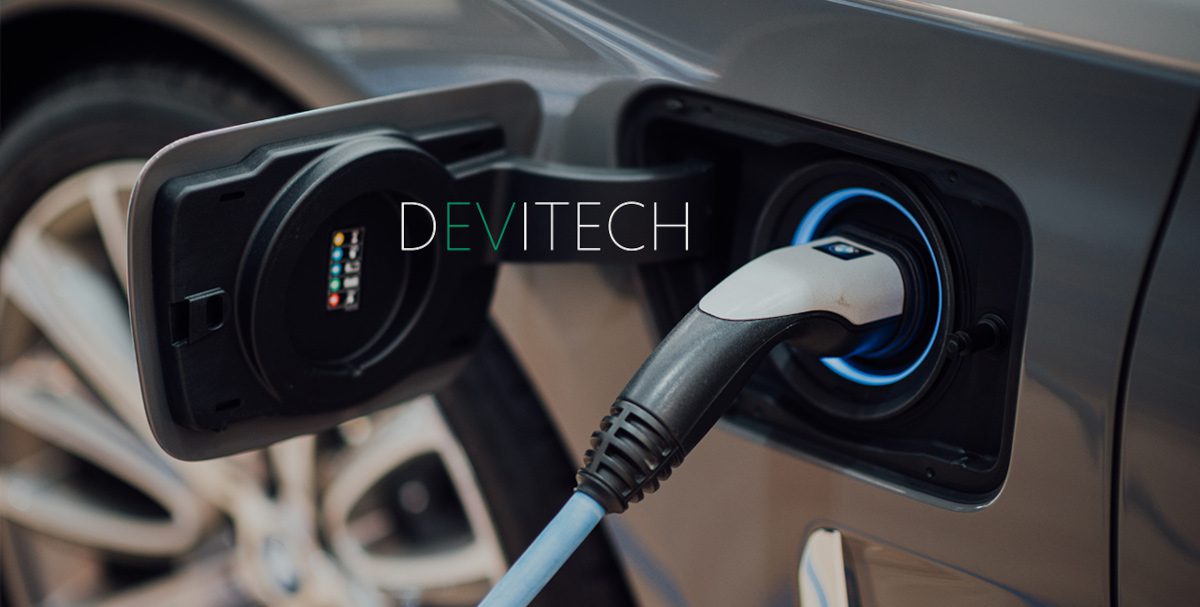
(Words: The Darcy Group)
Listen very carefully and you can hear a quiet revolution taking place on roads across the UK, led by a growing fleet of plug-in vehicles.
According to data from the Society of Motor Manufacturers and Traders (SMMT), electric vehicles have made up 13.8% of total new car registrations so far in 2021 – almost double the 7.2% recorded over the same period in 2020 – and it is estimated there are now more than 500,000 ultra-low emission vehicles on our roads.
Uptake is being encouraged by the looming 2030 deadline on the sale of new petrol and diesel cars and the government’s pledge for all new cars and vans to have zero emissions at the tailpipe by 2035. Data also shows that EV growth is being driven by businesses, which the SMMT says are twice as likely as consumers to make the switch from petrol or diesel.
For Darcy, electric vehicles represent an important opportunity to further support companies in complying with environmental regulation while limiting their polluting impact and risk. To support this, we have added to our extensive offering with a new end-to-end service for the installation of electric vehicle (EV) charging points for commercial and industrial customers (Devitech)
A survey by representative body EVA England found that 92% of EV drivers use public charging points despite the presence of a home charger, highlighting that public charging is a fundamental part of EV ownership.
In commercial environments, EV charging points provide valuable support for on-site staff as well as customers visiting the premises. As such, they are becoming an increasing consideration among facilities managers looking to future-proof their premises in line with a more electric future rooted in lower carbon emissions.
When the location and format of a charging point has been decided at a site, Devitech’s engineers will carry out investigative work to assess electricity demand levels and expected load, and determine an installation plan. Power is then routed from the distribution board to the charger, with the option for network operators to upgrade supply levels where necessary and for load spreading to regulate demand.
As well as the environmental argument, the shifting economics of plug-in vehicles means investment in chargepoints is becoming an increasingly appealing prospect. Indeed, EVs are expected to be cheaper than their fossil fuel counterparts by 2027. On an ongoing basis, the running cost of EVs is also much lower. Figures from buyacar, for example, show that a BMW i3 has a fuel cost per mile of 3.7p compared with 14.2p for a similarly priced petrol BMW 3 Series.
The government’s Workplace Charging Scheme also provides support for up to 75% of the up-front purchase and installation costs of electric vehicle chargepoints. It extends to a limit of £350 for each charger socket, up to a maximum of 40 charge points per applicant across all their business sites.
Graham Rowlands, Business Development Director at Darcy, said: “There is already strong momentum in the electric vehicle market and it’s continuing to accelerate as consumers and businesses look to adopt more environmentally friendly modes of transport.
“Darcy’s new EV charging point installation service (Devitech) aims to support this direction of travel, adding a complementary new element to the wide range of environmental protection services we already provide under the Darcy umbrella. We’re excited to support our customers in joining the electric vehicle revolution.”
Darcy is an approved installer of a range of electric vehicle charging points, accredited by the National Inspection Council for Electrical Installation Contracting and registered with NAPIT.
Contact the firm for more information and to book a free EV Charging Point survey.
Or contact devitech@darcy.co.uk 0800 0370 899
1 September, 2021







